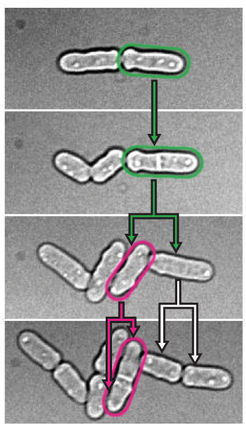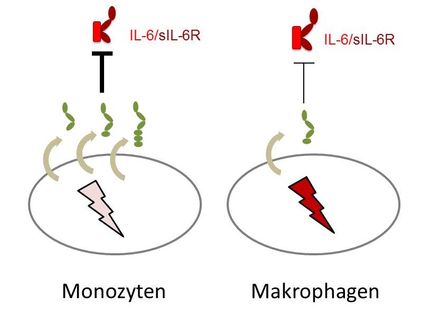MorphoSys Enrolls First Patient in Phase 1b/2a Clinical Trial for MOR103 Program in Rheumatoid Arthritis
Advertisement
MorphoSys AG announced that it has enrolled the first patient in its Phase 1b/2a clinical trial of its lead drug MOR103. The Company's lead development program, MOR103, is a fully human HuCAL antibody directed against GM-CSF (granulocyte macrophage-colony stimulating factor), being developed in the area of inflammatory diseases, such as rheumatoid arthritis (RA), where current treatment options are inadequate.
"We are very pleased that our Phase 1b/2a study in patients with rheumatoid arthritis has now started according to plan," commented Dr. Arndt Schottelius, Chief Development Officer. "This is an important step for MorphoSys, since we will test an antibody from our growing proprietary pipeline for the first time in patients. We have thus made significant progress in bringing a potential future drug with a promising new mechanism of action closer to patients. The past year saw a major expansion of MorphoSys's development team and capabilities. Today's news also demonstrates that we have made major progress in building an excellent development organization capable of producing and advancing valuable drug candidates."
"In total, the randomized, double-blind, placebo-controlled, dose-escalation trial is expected to enroll 135 patients and will be conducted in multiple centers in several European countries. Patients with active RA despite previous therapy with NSAIDs, corticosteroids, DMARDs and/or anti-TNF-alpha therapies will each receive four infusions of either the HuCAL-derived antibody MOR103 or placebo in three ascending dose cohorts. Enrollment is expected to be completed in the first half of 2011 with the final results expected in H1 2012."
The primary endpoint of the trial is to determine the safety and tolerability of multiple doses of up to 1.5 mg/kg of MOR103 in patients with active RA. Secondary outcome measures will evaluate pharmacokinetics, immunogenicity, and the drug's potential to improve clinical signs and symptoms of RA as measured by reduction of synovitis and bone edema as well as by ACR/ EULAR28 response criteria and patient reported outcomes.
Most read news
Other news from the department research and development

Get the life science industry in your inbox
By submitting this form you agree that LUMITOS AG will send you the newsletter(s) selected above by email. Your data will not be passed on to third parties. Your data will be stored and processed in accordance with our data protection regulations. LUMITOS may contact you by email for the purpose of advertising or market and opinion surveys. You can revoke your consent at any time without giving reasons to LUMITOS AG, Ernst-Augustin-Str. 2, 12489 Berlin, Germany or by e-mail at revoke@lumitos.com with effect for the future. In addition, each email contains a link to unsubscribe from the corresponding newsletter.
Most read news
More news from our other portals
Last viewed contents
Chimera_(genetics)
Natural_reservoir
Asexual_reproduction
Pediatric_Research
Marine_Drugs
Journal_of_Negative_Results_in_Biomedicine
Dural_venous_sinuses
Great_saphenous_vein
Irish_Medical_Times























































